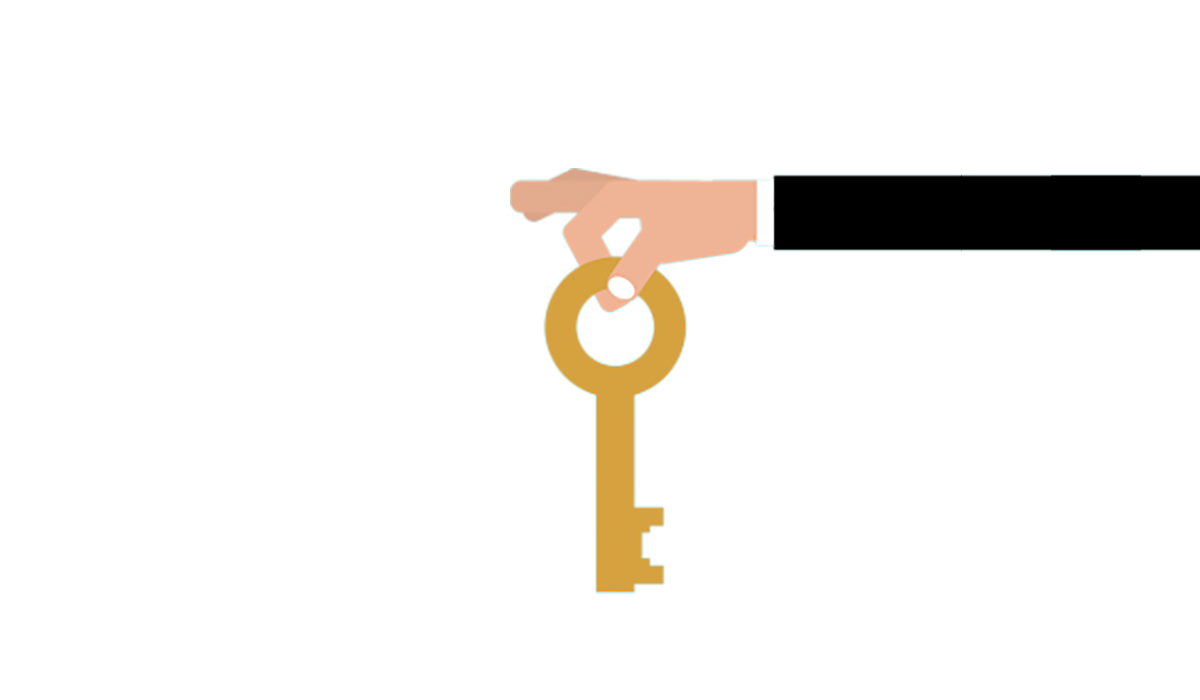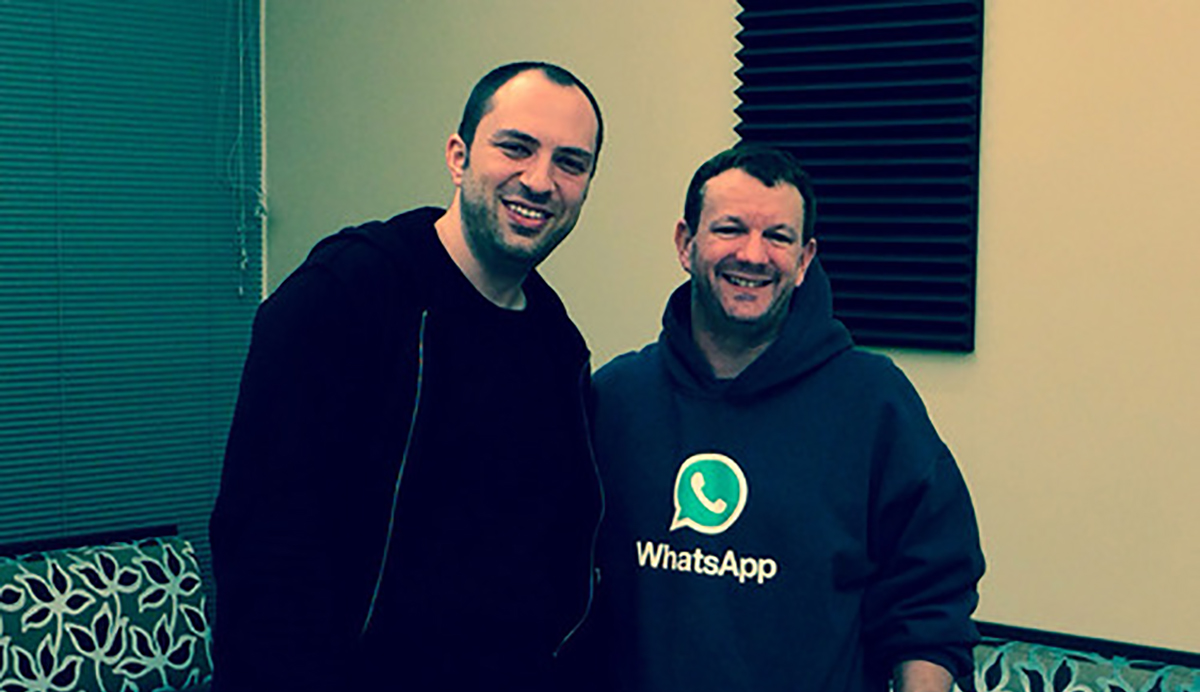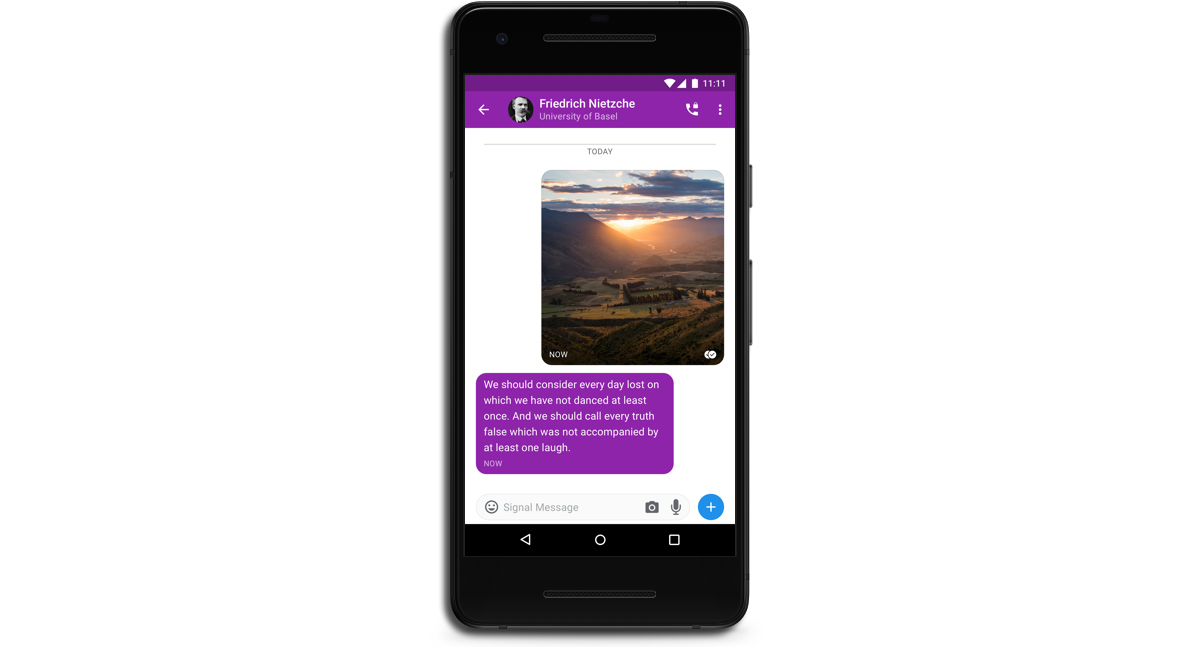
Curious at least one of the co-founders of WhatsApp has invested 50 million dollars in Signal, the messaging app focused on privacy thanks to its end-to-end.
It is known that the co-founders of WhatsApp have not been very happy with it path that your messaging app has taken so that even one of them would finally leave the address after it was bought. It looks like Signal is going to take over for one of them.
Brian Acton and his 50 million dollars

And it is that Signal, of which we have spoken in many moments, has increased its team from 3 to 20 developers thanks to the 50 million dollars of investment carried out by one of the co-founders of WhatsApp.
It is Brian Acton who has taken this wise decision so that we do not have to delegate even on WhatsApp nor in Telegram and we really have an app that puts privacy at the core of it with end-to-end encryption; In fact, we have always recommended this app for being the one that best adopts the private.
Thanks to this investment, the team will now be able to allow to bring features that will attract the attention of those who are really looking for an alternative to WhatsApp. And it is that, as far as we can know, because the messages have always been under end-to-end encryption, innovation has always been complicated in certain characteristics that may seem simple at first glance.
An example, The same stickers were a serious problem to be able to implement them, since they have had to be compatible with encryption so that users could send them safely and anonymously. And if we talk about the permissions for managing groups in chats, things get even more complicated, since Signal has to give administrators the ability to add and remove members without their servers knowing who is part of the conversation.
In other words, what may seem at first in another messaging app, and in which not all attention is paid to privacy, in Signal everything gets complicated so that any new function needs a team developing.
Signal to another level to become Mainstream

Those characteristics mentioned have allowed Signal keep increasing its number of users and downloads to go to be between 10 and 100 million users worldwide. If we add to this that according to its founder, Moxie Marlinspike, Signal has more than 40% of its users on iOS, although we talk about small amounts, it does have its value to gradually grow.
Another feature they are working on now is called "safe value recovery" and it will allow users to store encrypted contacts on Signal's servers. This would help identify contacts through phone numbers in the future, a practice that has been openly criticized by privacy advocates for being one of the weaknesses of the vast majority of messaging apps.
Another of the privacy problems that Signal currently encounters is the dependency on Intel's SGX (Software Guard Extensions). We are talking about a platform designed for secure remote computing, but even so it has been attacked on a few occasions in recent years.
With all these troubles laid on the table Signal's future looks very promising as well as our communications through this service so that they are fully encrypted and at some point we can switch from WhatsApp. Brian Acton is clear about it and wants to contribute his money so that at no time Signal has to depend on the capital of a large company and endanger the privacy of its users as happened to WhatsApp. Let's never forget that WhatsApp is in the hands of Facebook, with all that this property entails.